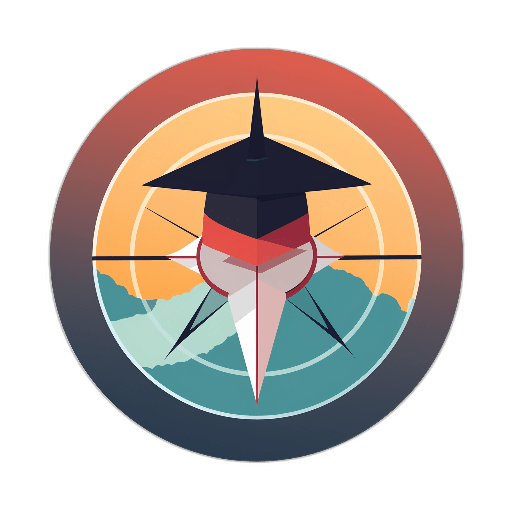How to Choose an Online Program That Fits Your Learning Style?
In today’s digital age, online education has become increasingly popular due to its flexibility and accessibility. However, with the vast array of online programs available, choosing the right one that fits your learning style can be overwhelming. Whether you are a visual learner who thrives on interactive content or an auditory learner who absorbs information through listening, finding a program that aligns with your preferred learning style is crucial for your success. Here are some tips on how to choose an online program that caters to your unique way of learning.
Understanding Your Learning Style
Before embarking on your search for an online program, it’s essential to understand your learning style. There are three main types of learning styles: visual, auditory, and kinesthetic. Visual learners learn best through visual aids such as charts, diagrams, and videos. Auditory learners grasp information more effectively through listening and verbal communication. Kinesthetic learners, on the other hand, learn best through hands-on activities and practical experiences. By identifying your dominant learning style, you can narrow down your options and focus on programs that cater to your strengths.
Researching Program Formats
Once you have determined your learning style, you can start researching different online program formats to find the one that suits you best. Some online programs are text-based, while others incorporate multimedia elements such as videos, interactive quizzes, and virtual simulations. Visual learners may benefit from programs that offer a lot of visual content, while auditory learners may prefer programs with recorded lectures or podcasts. Kinesthetic learners may find programs that include hands-on projects or real-world applications more engaging and effective. Consider the format of the program and how well it aligns with your preferred learning style.
Assessing Interactive Features
Interactive features play a crucial role in online learning, as they can enhance engagement and help reinforce learning. Look for programs that offer interactive elements such as discussion forums, virtual labs, and collaborative projects. These features can create a more dynamic learning environment and provide opportunities for hands-on learning. Visual learners may appreciate interactive diagrams and animations, while auditory learners may enjoy participating in live webinars or group discussions. Kinesthetic learners can benefit from interactive simulations and practical exercises that allow them to apply their knowledge in real-life scenarios. Evaluate the interactive features of each program to ensure they align with your learning style and preferences.
Seeking Feedback and Reviews
Before enrolling in an online program, it’s advisable to seek feedback and reviews from current or former students. Reading reviews can provide valuable insights into the program’s strengths and weaknesses, as well as the overall learning experience. Look for reviews that mention how well the program caters to different learning styles and whether the content is presented in a way that is engaging and effective. Additionally, you can reach out to alumni or instructors to ask specific questions about the program’s suitability for your learning style. Feedback from others can help you make an informed decision and choose a program that meets your needs.
Personalizing Your Learning Experience
Ultimately, the key to choosing an online program that fits your learning style is to personalize your learning experience. Take advantage of the flexibility and customization options that online programs offer to tailor your learning journey to suit your preferences. If you are a visual learner, focus on visual materials and tools that help you visualize complex concepts. If you are an auditory learner, seek out programs that prioritize audio content and verbal explanations. For kinesthetic learners, look for programs that incorporate practical activities and hands-on learning opportunities. By personalizing your learning experience, you can maximize your potential and achieve academic success.
Optimizing Your Online Learning Experience
Once you have selected an online program that aligns with your learning style, it’s essential to optimize your learning experience for success. Create a study schedule that allows you to pace yourself and stay on track with your coursework. Set specific goals and objectives to keep yourself motivated and focused. Engage with the material actively by taking notes, asking questions, and participating in discussions. Seek support from instructors, classmates, or online resources whenever you encounter challenges or need clarification. By actively participating in your online learning experience and leveraging your preferred learning style, you can make the most of your education and achieve your academic goals.
In conclusion, choosing an online program that fits your learning style requires careful consideration and research. By understanding your learning style, evaluating program formats, assessing interactive features, seeking feedback, personalizing your learning experience, and optimizing your online learning experience, you can select a program that caters to your unique way of learning. Remember that online education offers a wealth of opportunities for personal growth and academic advancement, so take the time to find a program that aligns with your strengths and preferences. With the right online program, you can embark on a rewarding educational journey and achieve success in your chosen field.







